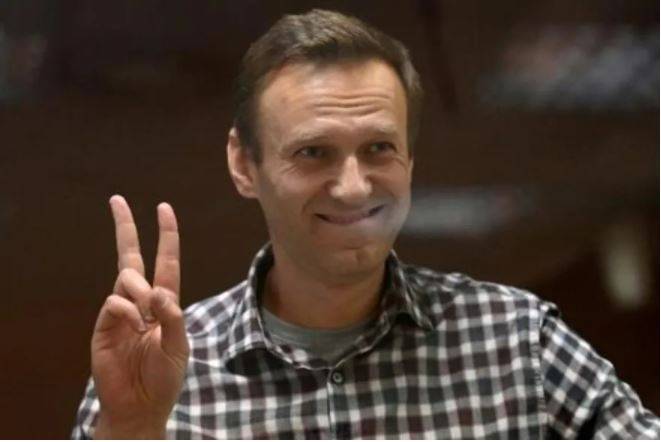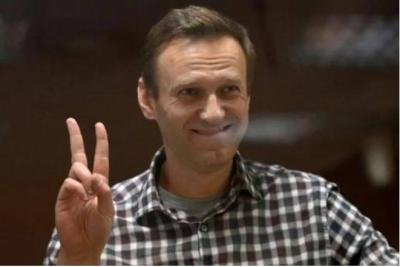A group of 45 countries, including the United States, Canada, and EU member states, demanded on Tuesday at the Organization for the Prohibition of Chemical Weapons (OPCW) that Moscow provide answers regarding the poisoning of opposition leader Alexei Navalny in 2020. Delegates stated that Russia has ten days to respond to the questions raised by the countries under the OPCW's rules based in The Hague.
Western countries claim that opposition leader Navalny was poisoned with Novichok, a substance tested during the Soviet era, in Russia in August 2020. He was then treated in Germany before returning to Russia, where he is currently imprisoned. British delegates tweeted, "Today, 45 member states including the UK informed the OPCW Executive Council that they will formally question Russia regarding Navalny's poisoning under Article 9 of the convention." They added that "Russia has ten days to respond."
Canada and Germany also tweeted that they had signed the statement of the 45 countries. A segment of the statement published by the British delegation on Twitter read, "It is essential for Russia to detail the steps taken to investigate and shed light on the use of chemical weapons on its territory."
Washington stated that "the United States and several international community members have long demanded clarifications regarding Russia's attempted assassination of Navalny with chemical weapons on August 20, 2020, and about its intention to cooperate with the OPCW." The statement further noted, "As a signatory to the Chemical Weapons Convention, Russia's continued lack of cooperation and transparency regarding the poisoning raises serious concerns."
Western nations particularly demand that Russia provide a detailed explanation of the measures taken since August 20 to follow up on the incident, criticizing Moscow for not allowing OPCW experts to enter its territory to assist in the investigation, despite a request made in October 2020.
An official statement published by the 45 countries on the OPCW's official website stated, "Despite numerous demands from several member states, Russia has not yet provided credible clarifications regarding the incident." The OPCW Executive Council, comprising 41 member states, is meeting this week to discuss progress in chemical weapon elimination, including measures when member states do not comply.
Western countries also called on Syria, a Russian ally, to allow weapons inspectors to enter and stated that Damascus continues to violate its obligations to the OPCW. Several countries issued statements demanding Russia clarify the circumstances surrounding Navalny's poisoning. However, Moscow denies any involvement, while Navalny has accused Russian President Vladimir Putin of attempting to poison him.
Navalny was arrested upon his return from Germany in January and imprisoned following convictions on previous fraud charges. Meanwhile, Britain has indicated it will continue to pressure Russia regarding the use of Novichok in 2018 to poison former double agent Sergei Skripal and his daughter in Salisbury. During that incident, a police officer investigating the case was also severely injured, and a woman who later came into contact with the nerve agent died.




